Summary of "Blueprint for Resilience: Business Continuity Management for Hotel"
In this second section of the Book, "Blueprint for Resilience: Business Continuity Management for Hotels," we have outlined a comprehensive methodology for establishing, implementing, and maintaining an effective BCM program in the hotel industry.
This book addresses each phase of the BCM planning methodology, equipping hotel professionals with the knowledge and tools needed to build resilience in their operations.
This ensures that the hotel is prepared to handle disruptions while maintaining high levels of guest satisfaction.
 We began by examining the initial phases of BCM implementation, including Risk Identification (RAR), Business Impact Analysis (BIA), and the development of a Business Continuity Strategy (BCS).
We began by examining the initial phases of BCM implementation, including Risk Identification (RAR), Business Impact Analysis (BIA), and the development of a Business Continuity Strategy (BCS).
These foundational steps are critical to understanding a hotel's specific challenges, including operational, technological, and reputational risks.
From there, the methodology outlined the BC Plan Development (PD), focusing on creating tailored recovery strategies for each department, integrating external partners, and ensuring the plan is clear, actionable, and communicated effectively to all stakeholders.
Throughout this process, we emphasised the importance of leadership engagement and ensuring that BCM is embedded into the hotel’s overall management structure.
The book further explored the Testing and Exercising (TE) phase, emphasising the need for initial and advanced exercises to validate the BCM Plan. These exercises, from basic component tests to full-scale simulations, ensure that staff are prepared, procedures are effective, and gaps are identified for continuous improvement.
Finally, the Program Management phase highlighted the ongoing need for governance, resource allocation, training, and performance monitoring to ensure that BCM remains relevant and practical as the hotel evolves.
This concluding chapter encapsulates the importance of building a resilient culture, fostering preparedness at all levels, and adapting the program to meet emerging risks and challenges.
Summing Up …
In conclusion, this eBook is a blueprint for hotel professionals looking to establish a resilient, well-prepared organisation.
By following the methodology laid out in these chapters, hotels can reduce the impact of disruptions, safeguard their brand reputation, and maintain uninterrupted services to guests.
Implementing an effective BCM program is not just about having a BCM Plan—it is about creating an organisation that can adapt to crises, recover quickly, and emerge stronger, ensuring long-term success in an increasingly unpredictable world.
More Information About Business Continuity Management Courses

 To learn more about the course and schedule, click the buttons below for the BCM-300 Business Continuity Management Implementer [B-3] course and the BCM-5000 Business Continuity Management Expert Implementer [B-5].
To learn more about the course and schedule, click the buttons below for the BCM-300 Business Continuity Management Implementer [B-3] course and the BCM-5000 Business Continuity Management Expert Implementer [B-5].
![Register [BL-B-3]*](https://no-cache.hubspot.com/cta/default/3893111/ac6cf073-4cdd-4541-91ed-889f731d5076.png) |
 |
 |
 |
 |
 |
![FAQ [BL-B-3]](https://no-cache.hubspot.com/cta/default/3893111/b3824ba1-7aa1-4eb6-bef8-94f57121c5ae.png) |
If you have any questions, click to contact us.
|
 |
 |
 |
 |


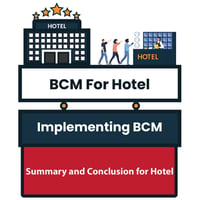
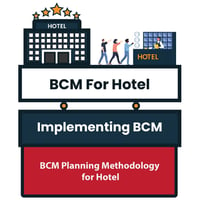
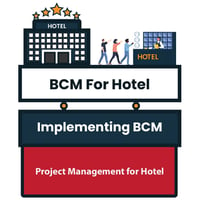
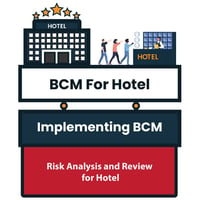
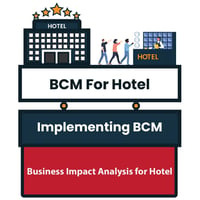
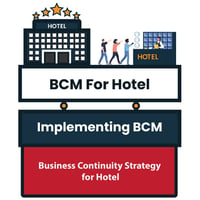
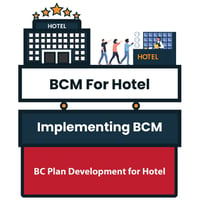
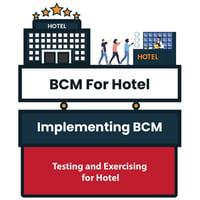
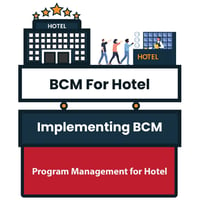
![Email to Sales Team [BCM Institute]](https://no-cache.hubspot.com/cta/default/3893111/3c53daeb-2836-4843-b0e0-645baee2ab9e.png)

